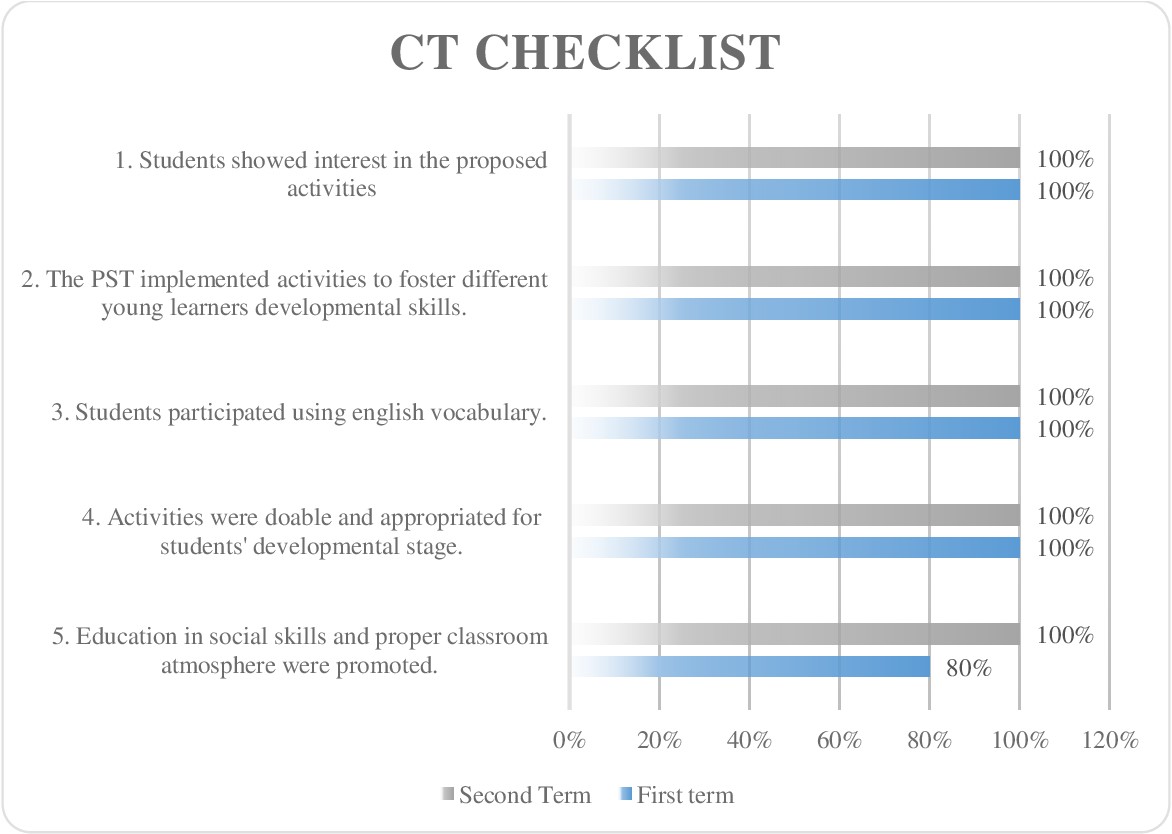
Nurturing Growth in Young Children through Developmentally Appropriate Practice
Every primary educator's most important goal is to help their young learners build a strong core in their life so they can flourish academically and in their personal life when they become adults in the future.
With the help of a concept called Developmentally Appropriate Practice(DAP), Primary teachers can build strategies for teaching skills after observing what their young learners already know and what skills they don’t know.
According to semanticscholar.org, after the implementation of DAP on second-grade students of age 7 to 8yrs, the results were classified into three categories –
i. DAP impact on age-related activities
ii. English interaction to promote language skill
iii. DAP impact on Social development skill

In addition, if you’re a primary teacher who always looks to learn and upgrade themselves by learning new teaching techniques then we do recommend our Masters of Arts in Education with Early Childhood Studies course, where you will find more interesting and unique teaching techniques, which you can inculcate and implement in your classroom.
Now without any further delay, let’s get to know there’s everything to know about DAP and different DAP teaching strategies:
What is DAP?
DAP is a teaching approach through which Pre and primary teachers can help their young learners with learning and overall development.
It’s basically an approach where teachers create a suitable learning and development-oriented environment where they try to use teaching methods according to students' needs, show support to their students and organize growth-oriented activities in the classroom.
Before applying this teaching approach, teachers need to observe and consider these three factors:
i. Student’s age
ii. Student’s Language skill
iii. Student’s culture and social skill
Let’s get to know about the different strategies of DAP:
- Be supportive and appreciative:
Every young learner loves the moment when they get appreciated or get support for their actions. Try to become an observant primary teacher and see if they did or achieve some milestones in class, then show your appreciation and support to them.
- Inspire them to do better:
Showing support and appreciation is necessary, but if you go and take the extra step by inspiring or encouraging them with your words to do even better, then you will see the actual growth in your young learner.
- Observe and give feedback:
Did one of your young learners struggle to understand that lesson, struggling to socialize or communicate? Then instead of telling them to work harder, give them detailed feedback, on how they can improve their learning and understanding skills.
In addition, try to give them detailed feedback, whenever you think it’s required in terms of behaviour and approach towards any problems while you’re observing them.
- Add a little challenge while teaching:
There’s no other way to help young learners in their growth is to add challenges from time to time into lessons and ask them to come up with a unique solution.
For example - You could add a challenge by telling them to count the apples and then tell them after adding they have to equally divide it among 2 of their friend. And for their better understanding, you can demonstrate them first by showing them some examples.
- Ask questions and provide assistance:
From time to time ask your young learners if they’re facing any challenges, if they are facing then provide your guidance and assistance to resolve them.
In addition, ask thought-provoking questions also from your young learners, so their critical thinking skills also get improved.
Help your young learners to flourish:
Teachers are the one who plays a vital role to shape children’s life. They have the ability to help their young learners to flourish in every of life, academically, socially, and in communication also.
Teachers can help their students to achieve success in every field in their life by applying DAP’s teaching concept to their classes. Read our simple unique DAP teaching technique to apply in your class for better results.
In addition, you can also learn new and modern teaching techniques like the DAP teaching concept in our recommended Masters of Arts in Education with Early Childhood Studies course.

